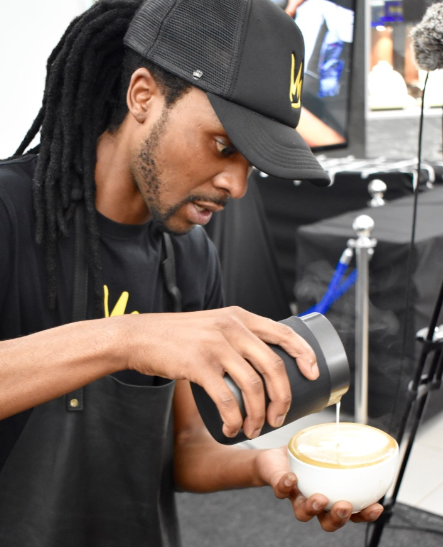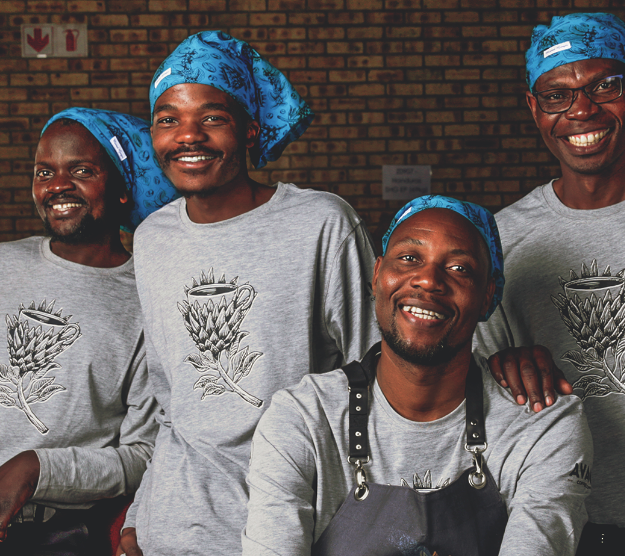Well, we certainly bloody hope not! But the piece below really made us think and reflect on what's happening out there.
In May we added a COVID-19 section to our Barista Wag Calculator questionnaire and from that only 11% of baristas have retained their jobs in a full time and full pay capacity. That leaves 89% of baristas going through a huge disruption to their income or in the case of 35%, they've completely lost their jobs.

We will do our utmost to support baristas moving forward, but in the meantime businesses around the country are trying to find creative solutions to keep their troops caffeinated in the safest way possible.
The Barista – a dying profession?
The coffee space has been booming for the last few years as coffee culture takes hold within South African life. Sadly, COVID-19 has had a profound impact on an industry that was once deemed bulletproof. Consumers are becoming increasingly aware of their safety and so it’s only natural for their preferences to change.
But what does that mean for the barista? A large part of the experience is the human element. If you’re a regular at your local coffee spot, it’s likely that your barista not only knows you by name but also knows how you drink your coffee.
“The barista, or the magician, as we like to call them, is the face of coffee,” explains Stacey Moss, Managing Director of Avanti Coffee Company. “There is so much more to a barista than just the technical skills. Consumers love coffee, but they love the experience more. A barista indulges the senses of the end user through sight, taste, touch, smell and sound.”
A good barista is knowledgeable about the coffee they’re serving and understands the complexities behind it. They use this information to engage with the consumer and use it as a tool to up-sell and encourage them to buy additional products or try different blends.
“Local coffee shops and restaurants rely on their barista to provide the best cup of coffee and so even though occupancy in these establishments is not nearly where it should be as a result of COVID, the job of the barista in this industry remains safe,” Moss adds.
Baristas at office coffee shops on the other hand are worse affected. “Companies, small and large are continuing to reduce the number of staff that physically have to go into the office and so the need for coffee spots in these spaces is becoming increasingly less.”
Moss believes that because of this, we will start to see an even bigger uptake in automated coffee solutions. “I think work environments were always going to move in this direction but, COVID has certainly accelerated the shift towards low touch economy solutions. With safety of employees being the number one priority, I imagine that automatic vending solutions using app based technology will become more popular than ever before.”
“Not only is this perceived as the safer solution, but it’s also seen as a means to cut costs. If businesses go in this direction, it eliminates the need to pay someone to operate the equipment, as well as potentially reduces wastage. With that said, the product received is important but, how the customer feels receiving it is far more significant. Which to me, highlights that there is still a need for the barista.”
Magical coffee is an artisanal craft and it’s the barista that adds to the overall experience. “Unfortunately, it’s an underrated occupation but, we have always viewed it as a superstar profession, one that creates employment opportunities while bringing that special touch to the paying customer. Without the barista we would be drinking average coffee and learning a lot less about the story behind each cup,” concludes Moss.
